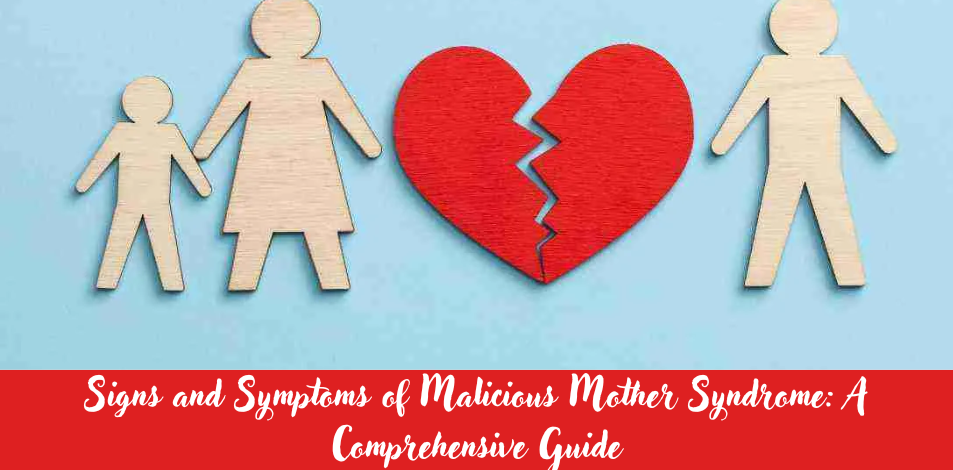
Malignant mother syndrome is a term used to describe a mother who tries to punish her ex-partner by using her children as leverage. This can cause emotional distress for everyone involved, especially children.
This blog aims to highlight the signs and symptoms of this syndrome, helping you recognize it and treat it effectively.
What is malignant mother syndrome?
The term toxic parent syndrome was first coined in 1995 by Ira Daniel Turkat, a clinical psychologist specializing in the field of divorce.
This term was introduced to describe the pattern of behavior that some parents exhibit after a separation or divorce, where they will not stop doing anything to hurt their ex-partner, including using their children as a weapon.
Malicious Parent Syndrome manifests itself in four main behaviors: trying to distance children from their father, engaging others in malicious acts, denying the father access to his children, and lying to their children and others.
While it is important to note that malignant mother syndrome is not officially recognized as a mental disorder in the Diagnostic and Statistical Manual of Mental Disorders (DSM-5), it is widely used in the field of family law and custody battles to describe harmful acts. And the behaviors of a parent bent on revenge.
Detailed characteristics of malignant mother syndrome
Malignant mother syndrome is a very disturbing behavioral pattern that can have devastating effects on families. Understanding its characteristics is crucial for those who suspect they are dealing with this problem, because it helps in seeking appropriate help and overcoming the complex challenges it presents.
estrangement from affection
A major feature of malignant mother syndrome is the mother’s deliberate efforts to turn the children against their father.
This can include lying about it, constantly portraying it negatively, or orchestrating situations that foster resentment or hostility.
For example, you may tell the children that their father no longer loves them, throw away gifts or letters he has sent them, or exaggerate and distort events to make it seem like he doesn’t care about the children.




